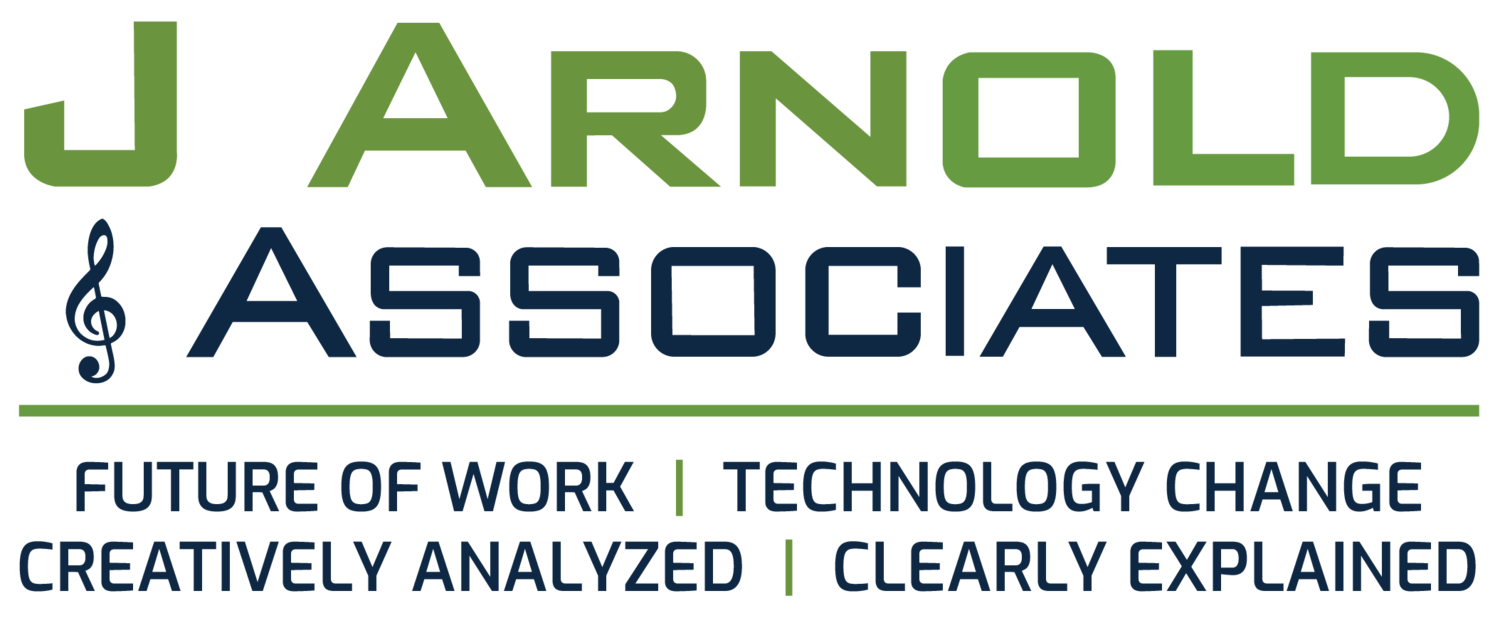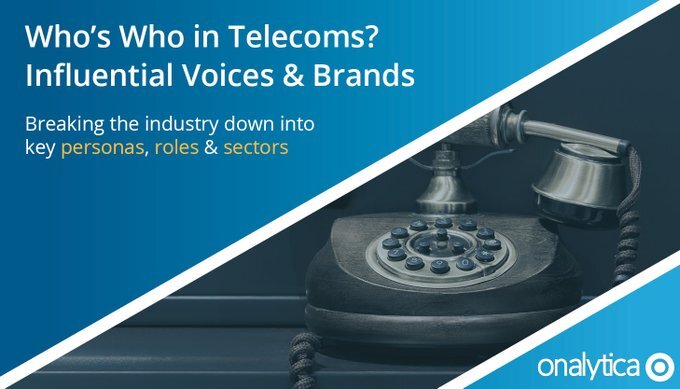Fredericton, New Brunswick � the Right Way to do Muni WiFi
/What I�ve been learning about muni WiFi is that every situation is different, and there�s no magic formula for making this work. There are so many variables in terms of existing broadband services, political issues, technology issues, financial issues, etc. In that regard, Fredericton is no different, and in their case WiFi has come out of a situation of necessity.
Telco providers initially launched broadband in New Brunswick in 1999, and were only focusing on the most densely populated markets. There aren�t many of them in Atlantic Canada, but Fredericton was not in the initial mix of priorities, so they were passed over by the telcos. Out of necessity � and vision � that�s the key here - they decided to do it themselves. Way back then, Fredericton saw how important broadband would be for their future. Believe it or not, Fredericton is a tech savvy community (86,000 strong) and has the kind of infrastructure that would benefit from broadband � such as e-learning, universities, medical research, government services etc. So it really was a vision thing that led them to embrace broadband early on.
To do this, they formed their own licensed telco � e-Novations - and laid a fiber optic ring around the city, which was initially used by the university and hydro utility. They soon started seeing demand from SMBs/SOHOs, and in 2001 became an ISP who could blanket the whole city to offer broadband. This turned out to be a good thing, as their success caused Aliant and Rogers to accelerate their broadband plans for Fredericton.
With that infrastructure in place, they started looking at WiFi and decided to offer it free. Don uses the analogy of sidewalks � WiFi is just basic infrastructure and it should be free for everyone to use. He made it clear that they are not a service provider offering voice - they�re just providing the broadband connection for people to use as they like. They could charge for voice, but don�t see why they should. Don noted that Fredericton is a knowledge-based community, and they simply believe this type of infrastructure is necessary, to �give them world class tools�. Isn�t the business of technology much simpler when your motives are so noble?
I really think that�s the core of what makes WiFi work so well there. To that point, we discussed other muni WiFi initiatives, both here and in the U.S., and Don is quite skeptical as to whether there�s an economic model for paid muni WiFi. I�m with him, and we agreed that deployments such Toronto Hydro Telecom will have a hard time making a go of things financially.
In Fredericton�s case, because the network is in place, the cost to add WiFi has been minimal, and as such, there is little pressure to recover their costs � which makes all the difference for how you go forward and offer services. It�s not about getting a more efficient way to do meter reading for utilities, and it�s not about getting an ROI on multi million dollar deals with vendors to build out a new network. I�ll take Fredericton�s scenario any day. They don�t need to make money off WiFi as their ISP operation is profitable on its own providing broadband access.
Interestingly, because the service is free, and there are no financial pressures, they don�t really monitor usage very closely, so he couldn�t tell me how much WiFi usage is voice versus data. He did say, though that they can get speeds of 40 MB or better, so there�s no problem supporting video for those who want it.
One would think that with such a great service being free, it would cause friction with the existing providers - much like the pushback Toronto Hydro Telecom is getting here from Rogers and Bell. On the contrary, says Don. First off, the number of people using their WiFi service is relatively small, so there's not a lot of money being left on the table. Secondly, this is Canada, eh. It gets really cold in the winter, and the usage of public WiFi is going to drop off quite a bit once the weather changes. The folks doing muni WiFi in warm places like Anaheim have no such problems! If anything, Don feels their WiFi will increase the overall usage/adoption of broadband, which can only be good news for Rogers and Aliant. E-Novations may be a broadband provider in its own right, but the incumbents have the vast majority of Fredericton's subscribers.
As with most muni WiFi offerings, theirs is used mainly in public spaces, and they have signs posted throughout the city that identify �Fred e-Zones�. How neat is that? Now that�s progress!

So, the bottom line is that WiFi works in Fredericton because their city council had the right vision. Don noted this as he talked about how Fredericton is frequently consulted by municipalities on WiFi from around the world. The key to their success is to treat it as infrastructure � it�s an investment (and a modest one at that) in their future and ability to build on its strength as a �knowledge-based� city. It�s not about the business model, to which he notes that most city councils will have a hard time getting funding for. The problem is they think they need a business model, and that makes for a much more complex and riskier venture.
And finally, Fredericton isn�t stopping with WiFi. They�re coming up with some innovative applications to engage broadband users � free of course � and I guess you�ll just have to visit someday to see for yourself! And if you can�t, listen to our podcast, where we�ll explore this a bit further.
Technorati tags: Municipal WiFi, Jon Arnold, Fredericton











